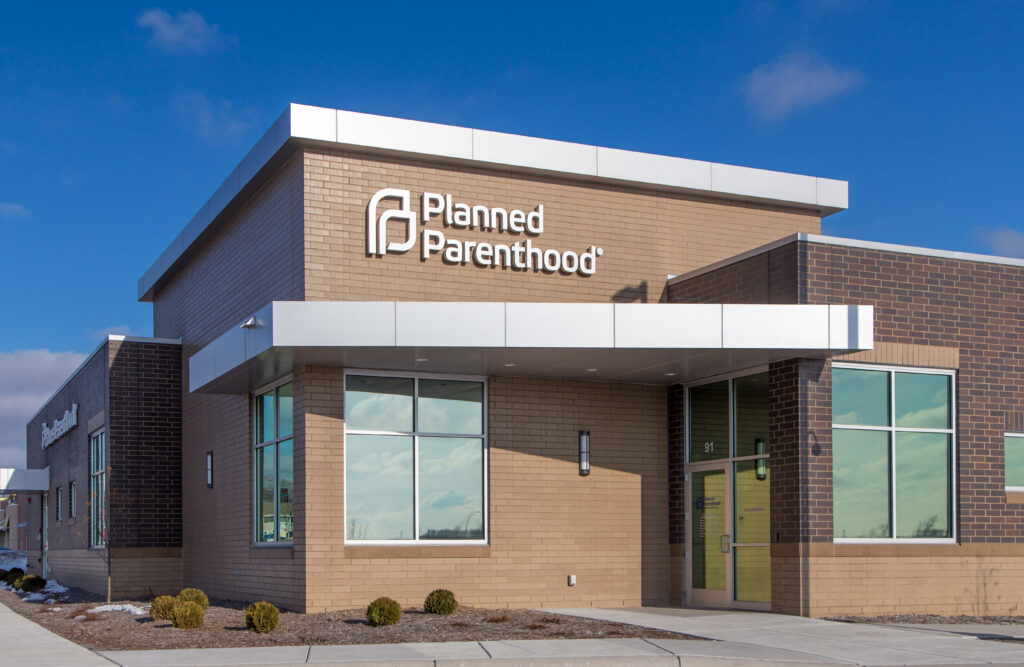Additional Authors: Tessa Longbons; David C. Reardon, Ph.D.; John W. Fisher, Ph.D., J.D., M.S., M.A.; Donna Harrison, M.D.; Ingrid Skop, M.D., FACOG; Christina A. Cirucci, M.D.; Christopher Craver; Maka Tsulukidze, M.D., Ph.D, MPH; Zbigniew Ras, D.Sc.
Abstract
Introduction
Multiple abortions are consistently associated with adverse health consequences. Prior abortion is a known risk factor for another abortion.
Objective
To determine the persistence of the association of a first-pregnancy abortion with the likelihood of subsequent pregnancy outcomes.
Methods
Data was extracted for a study population of 5453 continuously eligible Medicaid beneficiaries in states which funded and reported elective abortions 1999–2015. Women age 16 in 1999 were organized into three cohorts based upon the first pregnancy outcome: abortion, birth, natural loss.
Results
Women in the abortion cohort are more likely than those in the birth cohort to experience another abortion rather than a birth or natural loss, and less likely to experience a live birth rather than an abortion or natural loss, for every subsequent pregnancy. The tendency toward abortion (OR 2.99, CL 2.02-4.43) and away from birth (OR 0.49, CL 0.39-0.63) peaks at the sixth pregnancy, but persists throughout the reproductive period ages 16–32. The pattern is reversed, but similarly consistent, for women in the birth cohort. They remain likelier to have another birth rather than an abortion or natural loss in subsequent pregnancies. Compared to the birth cohort, the abortion cohort had 1.35 times as many pregnancies: 4.31 times the abortions, 1.53 times the natural losses, but only 0.52 times the births. They were 4.3 and 5.0 times as likely to have 2-plus and 3-plus abortions, but only 0.47 times and 0.31 times as likely to have 2-plus and 3-plus births. Of the abortion cohort, 37.1% had no births. By contrast, 73.6% of the birth cohort had no abortions.
Conclusion
The first-pregnancy abortion maintains a strong and persistent association with the likelihood of another abortion in subsequent pregnancies, enabling a cascade of adverse events associated with multiple abortions.
Read Complete Article


























